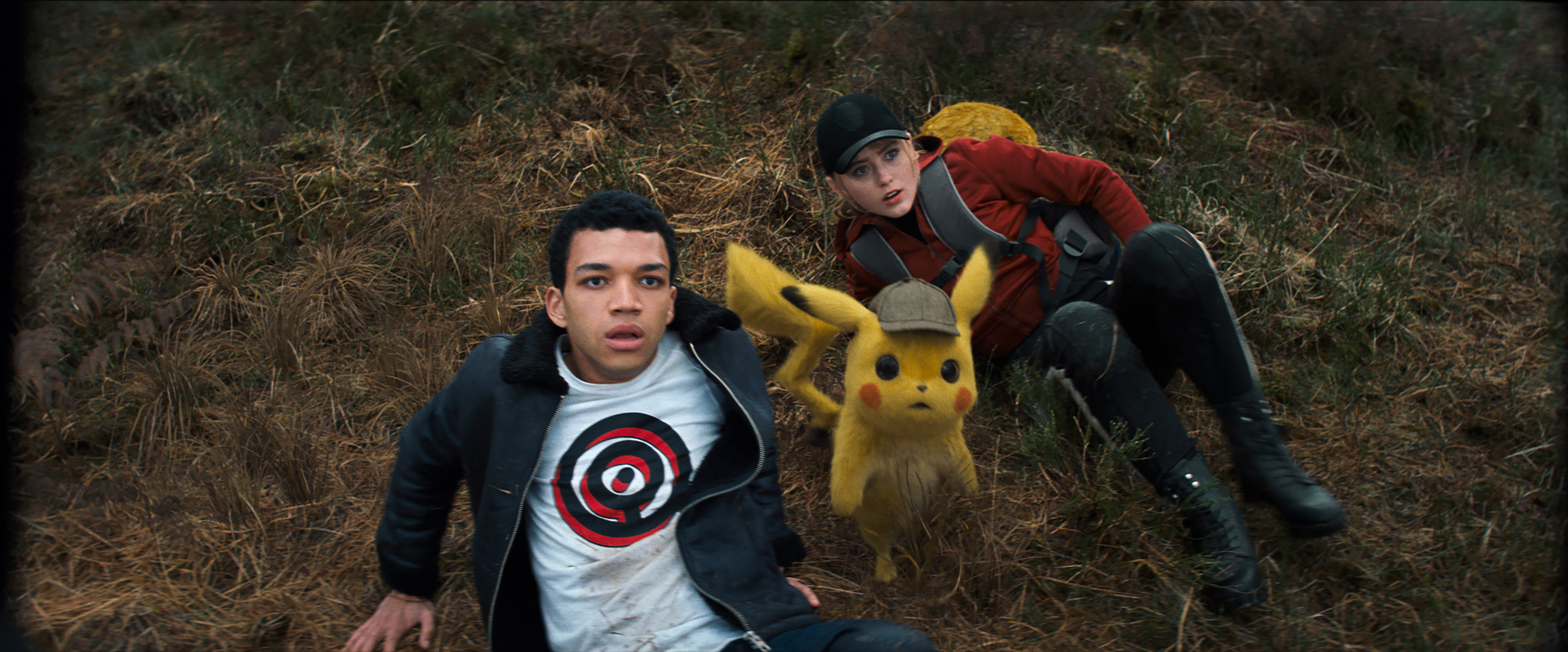
In their early days, video games weren’t known for storytelling. Players would tap different key combinations and move the joystick to achieve the desired outcome, and it ended there. While there may have been some basic narrative to help keep the game moving, if we think back to games like Pac-Man and Space Invaders, the focus was almost exclusively on the action taking place on the screen rather than any type of deep, involved story.
As video game technology improved, so did the stories these games tell. Over the past couple of decades, these interactive stories have become so involved they’ve piqued the interest of Hollywood, leading to filmmakers increasingly using gaming methods in their storytelling. In this article, we take a look at some of the ways video games are influencing cinematic storytelling.
The Rise of Video Game-Inspired Narrative Techniques
Not all video games have highly involved narrative techniques. That’s especially true of casual games, like the slots found in online casinos, or puzzle games like Candy Crush found on online gaming platforms. Virtual slots have become popular in recent years with games like Sweet Bonanza, which features a colorful candy-themed design with cascading reels and a scatter-based payout system. While the game doesn’t feature narrative storytelling, it does give players the feeling of being part of something bigger than themselves. We haven’t yet seen a film where online slots are the central focus, but as they become more sophisticated, it could happen in the future.
Until then, we have to look to AAA titles like The Last of Us and Red Dead Redemption to really get a glimpse of how gaming has influenced film. These games stand out for their rich storytelling that delivers interactive experiences to our screens. They both feature character-driven narratives that make players feel like they’re a part of what’s happening on screen. Filmmakers have noticed how effective the storytelling is in games like these and have experimented with bringing it to TV and the silver screen. One of the most well-known examples is the interactive film Black Mirror: Bandersnatch, which puts the viewers in charge, letting them make decisions that affect the plot’s outcome, just like in a choice-based video game.
Immersive World-Building and Visual Storytelling
Anyone who’s played titles like The Legend of Zelda: Breath of the Wild and Cyberpunk 2077 knows how exciting it can be to explore their open worlds. Visual storytelling is a big part of both games, serving to increase the immersion gamers experience as they play through these titles. Filmmakers are using similar techniques to create movies, including advanced CGI and virtual production methods. For example, the Unreal Engine was used in the making of the diverse settings in The Mandalorian and it’s hard to deny that this had a positive impact on the narrative.
Player Agency and Audience Engagement in Films
Not much compares to feeling like you’re in control when playing a video game. The best games ensure that the choices you make have a direct impact on how the story plays out. Filmmakers are exploring how to bring this concept to the big screen, as reflected in the choose-your-own-adventure trend. This film genre has put viewers in the driver’s seat, converting film from a passive medium to an active one. Immersive theater and augmented reality are other ways filmmakers are experimenting with audience participation, creating new experiences for moviegoers that go far beyond the traditional on-screen storytelling.
The Growing Collaboration Between Game Developers and Filmmakers
It’s becoming increasingly common for filmmakers, TV directors, and developers to come together to create film adaptations of video games. If you’ve seen The Last of Us, Detective Pikachu, and Arcane, you’ve witnessed how successful these collaborations can be. Hollywood has recruited gamer writers and directors for projects, taking advantage of their expertise in interactive storytelling to create adaptations that work on the big screen. Moreover, motion capture and real-time rendering are two techniques from gaming that are being used to improve the film production process. As video games continue to test the boundaries of storytelling, it’s almost certain that filmmakers will look to them for inspiration.






